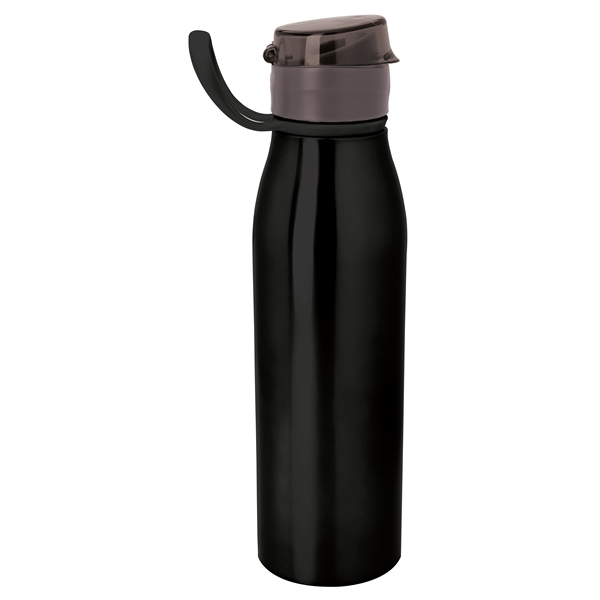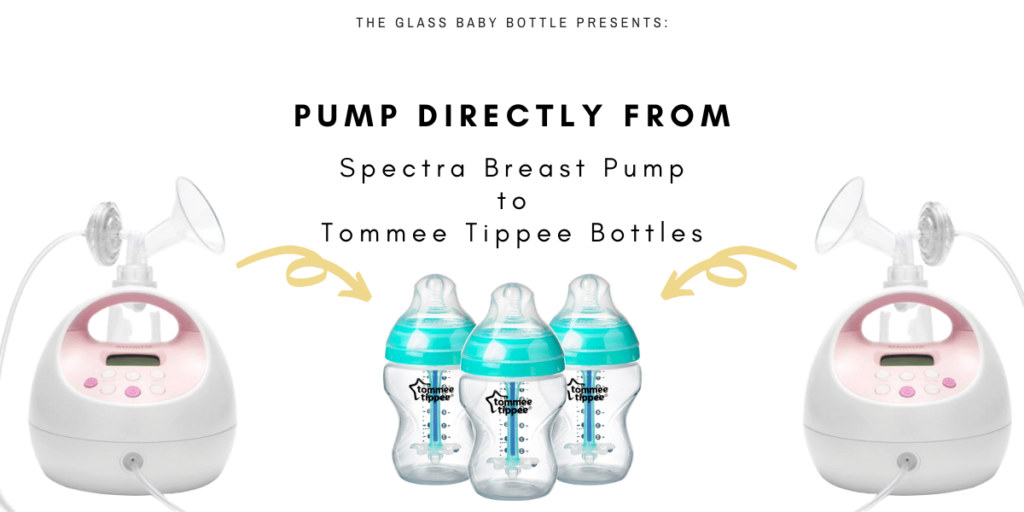

Tubing that has gotten wet needs to be replaced. If for some reason you've gotten milk or moisture in your tubing, there's unfortunately no way to clean and sterilise it safely for future use. The backflow protectors should prevent milk and condensation from entering the tubing, when working properly. Read our guide on replacing pump parts for how often you should replace your backflow protectors and other parts. The silicone parts can wear down over time, causing the pump motor to work harder, a decrease in suction which can hurt your milk supply, or a loss in airtight seal allowing moisture into the tubing. It's important to replace the backflow protectors regularly to maintain proper performance of your breast pump. You want to make sure they are completely clean and dry prior to every pumping session to avoid milk and mould in the tubing and pump. Wash as you would your valves with great care, ensuring the parts are disassembled.
#ARE SPECTRA BOTTLES DISHWASHER SAFE HOW TO#
Pumping multiple times per day How to clean backflow protectors For microwave steam cleaners or cleaning solutions, follow the manufacturer's instructions. These parts are delicate and should be hand washed without brushes whenever possible. Do not wash silicone parts like valves, membranes, teats, and backflow protector membranes in the dishwasher. Spectra breastshields, bottles, and other hard plastic accessories are BPA-free and can go through the dishwasher without worry of harmful residue - however, it will cause them to wear down and discolour more quickly. Allow to completely dry prior to assembling.ĭishwasher, microwave, and cleaning solutions.Set to air dry on a clean paper towel away from high traffic areas.Wash each part part thoroughly be careful with the membranes and valves - they are extremely delicate and prone to tearing or stretching.Add your pump parts and 'swoosh' them around.


Allow to completely air dry prior to assembly.Set them on a clean paper towel away from a high traffic area (don’t use a cloth towel as cloth can harbour bacteria).Allow to cool to a manageable temperature, then use a a pair of tongs to carefully remove parts.Boil for 5 minutes, then remove from heat.Place on a stovetop and bring to a rolling boil.Make sure parts have plenty of room to move around and aren’t nestled together as this can cause irreparable warping. Fill it with plenty of water to fully saturate the parts and leave plenty of room for a rolling boil.Select a pot large enough to fit all the parts without them rubbing together, such as a stock pot.There are a few different methods you can use to sterilise your breast pump parts. Using boiling water to sterilise your breast pump parts Getting the tubing wet can cause irreparable damage to the motor and allow moisture into the motor, creating a cozy environment for mould, mildew and bacteria to grow. Do not sterilise the tubing or pump motor. Make sure you fully disassemble the backflow protectors, valve + membrane sets, and remove the valve from the breastshield prior to sterilisation. This includes the breastshield, backflow protector, valve, bottle, bottle neck, sealing disc, bottle cap, and teat. Prepare your breast pump for first time useīefore you use your breast pump for the first time, you'll need to prepare by sterilising all parts that come in contact with your baby's milk. Here's what you need to know about washing and sterilising breast pump parts. There are a few different methods for washing and cleaning breast pump parts and many mamas do a combination of methods. When it's time to buy a breast pump, one important thing to know is that you'll need to wash your breast pump accessories regularly.


 0 kommentar(er)
0 kommentar(er)
